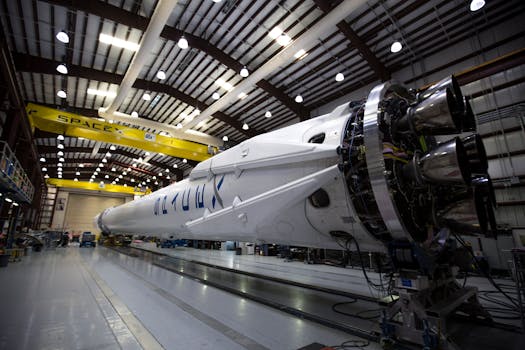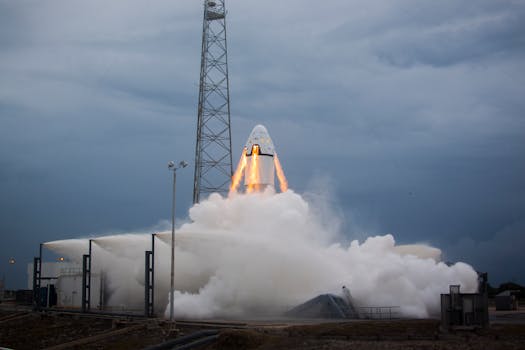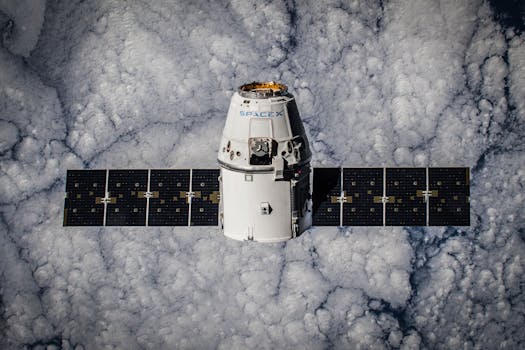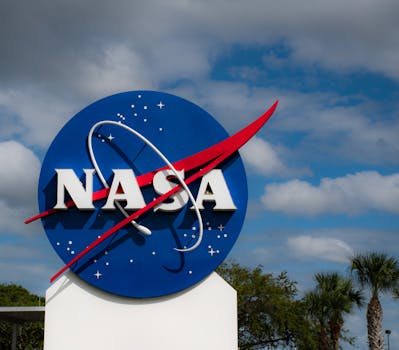Satellite Launch Missions and Their Impact on Space Exploration
Satellite launch missions have been a crucial component of space exploration, allowing us to venture beyond our planet’s atmosphere and study the vast expanse of space. With the first satellite launch in 1957, the Soviet Union’s Sputnik, the world witnessed the dawn of a new era in space exploration. Since then, numerous satellite launch missions have been conducted, transforming our understanding of the universe and our place within it. In this article, we will explore the history of satellite launch missions, their current trends, and the significant impact they have had on space exploration.
History of Satellite Launch Missions

The first satellite launch mission, Sputnik, marked the beginning of the space age. The successful launch of Sputnik sparked a sense of competition between the Soviet Union and the United States, leading to the development of more advanced satellite launch technologies. The United States responded with the launch of Explorer 1, the first successful American satellite, in 1958. The early years of satellite launch missions were characterized by a series of pioneering achievements, including the launch of the first human-made object to reach the moon, Luna 2, in 1959.
Current Trends in Satellite Launch Missions

Today, satellite launch missions are more sophisticated and diverse than ever before. With the advent of private space companies like SpaceX, Blue Origin, and Virgin Galactic, the industry has experienced a significant shift towards commercialization. The development of reusable rockets has reduced the cost of accessing space, making it more accessible to governments, companies, and individuals. The use of satellite launch missions has expanded beyond scientific research, with applications in communication, navigation, weather forecasting, and Earth observation.
One of the most notable trends in satellite launch missions is the increasing use of small satellites, also known as CubeSats. These tiny satellites, typically weighing less than 1.33 kilograms, have become popular due to their low cost, ease of development, and flexibility. CubeSats have enabled a wide range of applications, from Earth observation to communication, and have democratized access to space for universities, startups, and other organizations.
Impact of Satellite Launch Missions on Space Exploration

Satellite launch missions have had a profound impact on space exploration, transforming our understanding of the universe and our place within it. Satellites have enabled us to study the Earth’s climate, monitor weather patterns, and track natural disasters. They have also facilitated global communication, navigation, and commerce, connecting people and businesses across the globe.
Satellite launch missions have also played a crucial role in deep space exploration. Satellites like Voyager 1 and 2 have traveled to the outer reaches of our solar system, providing valuable insights into the outer planets and their moons. The Mars Reconnaissance Orbiter and the Mars Curiosity Rover have greatly advanced our understanding of the Red Planet, while satellites like the Hubble Space Telescope have revealed the wonders of the universe, from distant galaxies to black holes.
Future Prospects for Satellite Launch Missions

As we look to the future, satellite launch missions are poised to play an even more significant role in space exploration. With the development of new technologies, such as advanced propulsion systems and materials, satellites will become more efficient, sustainable, and capable. The increasing use of artificial intelligence and machine learning will enable satellites to process vast amounts of data, making them more autonomous and responsive.
The future of satellite launch missions also holds great promise for human spaceflight. With the development of reusable rockets and crew capsules, humans will soon return to the moon and venture beyond, establishing a sustainable presence in space. Satellites will play a critical role in supporting these missions, providing communication, navigation, and life support systems for astronauts.
In conclusion, satellite launch missions have revolutionized space exploration, enabling us to study the universe, communicate globally, and monitor our planet’s health. As we continue to push the boundaries of space technology, satellite launch missions will remain a vital component of our quest for knowledge and understanding. With their impact on space exploration, satellite launch missions will forever change the course of human history, inspiring future generations to reach for the stars.
See more:
